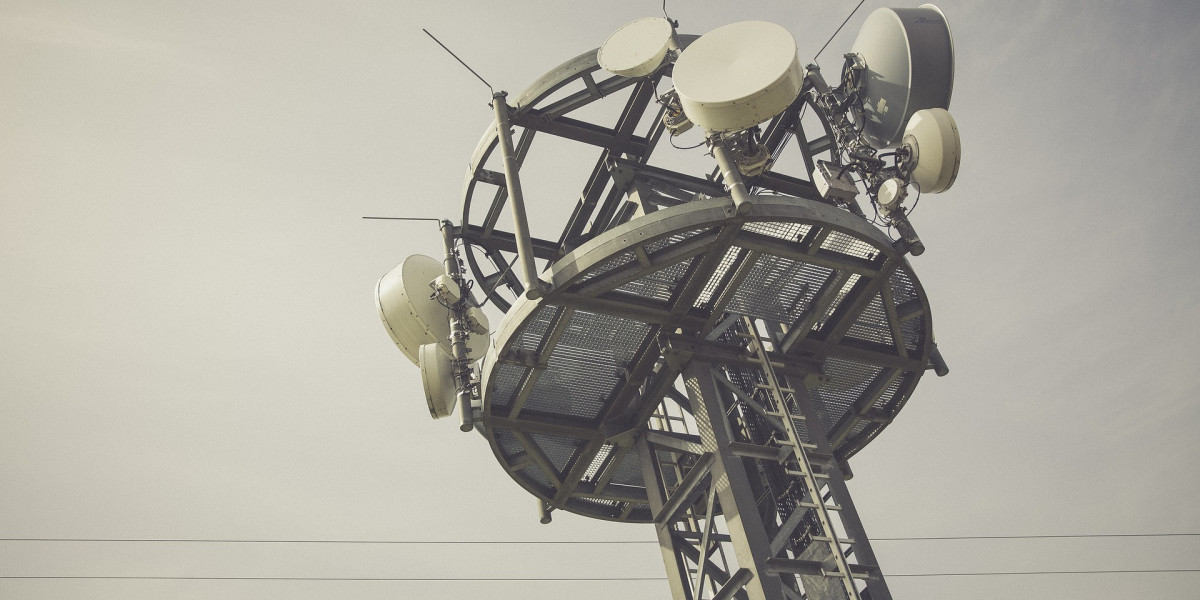Managing data such as speech, video, telephony, and text via various means of communication is a speciality of telecom engineers. They are in charge of organising, establishing, and ensuring the calibre of data transmitted wirelessly or over cables over the communications network. Radio, television, satellites, computer networks, the internet, and optical fibre are all part of the telecom infrastructure.
The duties of telecom engineers include investigating cutting-edge network technologies and creating fusion theories. The engineer is in charge of guaranteeing network functionality and giving it the required upkeep and assistance. They must organise and take part in the installation of the device. The network testing and assessment processes are planned and overseen by experts.
They must provide their domain-specific knowledge in order to guarantee that the networks are interconnected and functioning properly.
The engineer is in charge of organising information administration. The system-level product configuration and design will be handled by professionals. When developing solutions, professionals in the telecom sector usually refer to blueprints and design papers. They provide suggestions on how to streamline the strategy and cut expenses. Both current and outdated technology must be understood by the specialists.
The telecom engineer is responsible for network synchronisation, bandwidth access, and network security. Professionals will be in charge of managing the creation and upkeep of telephone and internet transmission networks. Any problems with copper wires and fibre optics must be found and fixed.


